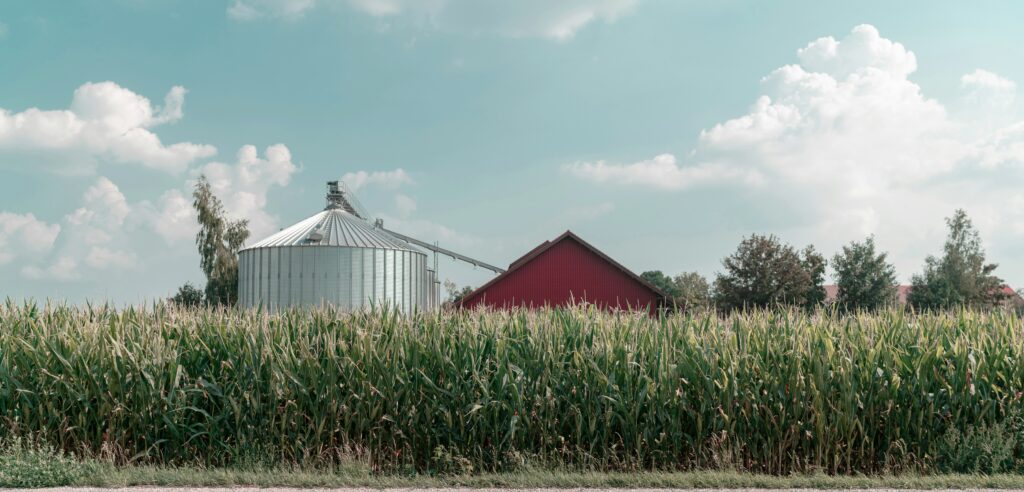34
By Nina Elkadi Kathy Stockdale and her husband have spent almost 50 years working the land in central Iowa. As a family farmer raising corn and soybeans, Stockdale knows how to deal with harsh weather, poor crop prices, and an array of other challenges that come with a making a living in agriculture. But the operation she has spent a lifetime cultivating now faces a threat unlike any Stockdale has previously faced: Developers are planning to carve through her property with a pipeline carrying hazardous CO2 gas from ethanol plants, and there is little she can do to stop them. The pipeline would run a mere 700 feet from Stockdale’s front doorstop and would create a barrier between the home she shares with her husband and the nearby home where her son lives. The farm’s soils and wetlands would be forever altered by the pipeline intrusion, and if the pipeline were to rupture, the damage could be catastrophic, Stockdale fears. “It consumes your thoughts. You don’t sleep. You ask any of the landowners who have been fighting this, it’s been hard, it’s been stressful,” she said. The Stockdales are among many farm families in Iowa and four other Midwestern states fighting to kill the pipeline, which was proposed three years ago by Summit Carbon Solutions (SCS) as the “world’s largest carbon capture and storage project.” SCS had initially planned to start operating the 2,500-mile pipeline network, dubbed the Midwest Carbon Express, this year. But opposition across the rural Midwest has delayed the project.



It’s heavier than air and will displace oxygen in the area causing asphyxiation.